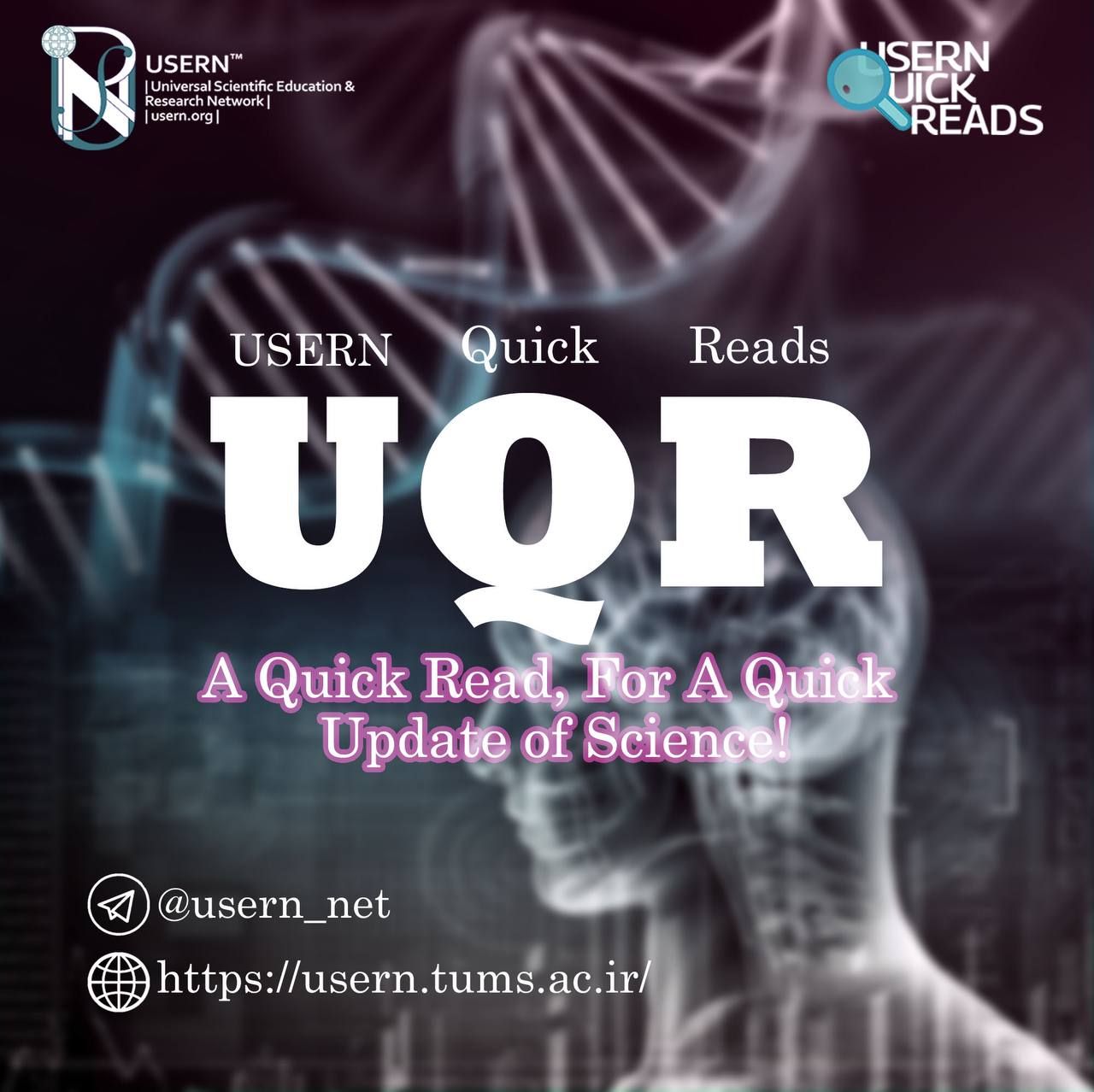Quick Reads
Mum, why are you so kind?

What makes mothers the most amiable creatures and the primary source of love? #2021#4
Mum, why are you so kind?
One day God had created a charming baby, but as usual, babies did not remain in heaven for a long, and this child had to be sent to the earth too. He was despondent that he’s leaving God and the angels and moving to a foreign place that nobody loves him.
“ Don’t worry. I have inserted a great amount of the universe love into the heart of a special angel that will take care of you,” God said.
The baby was born and started to cry, but as soon as his cheeks were attached to soft, warm skin and he began to feel the vibrations synchronized with his heartbeats, he stopped crying and showed up a calm smile. “Thank God I have found my angel,” The child said.
This angel is called mother, one of the most valuable gifts of God. But wait, what makes mothers the main source of love in our lives?
Numerous studies show that having a baby and giving birth to a baby changes the structure of the mother's brain. Some changes in the mother's brain occur during infant care. Experts believe that understanding how women’s brains work helps discover what motivates mothers to take care of their children. The results of a study on the brains of 19 women before and after the birth of a baby in 2010 showed that mothers' brains grow shortly after the baby is born. Pilyoung Kim, one of the researchers in the study, said that the amount of gray matter in a mother’s brain increased slightly but significantly after the baby was born. Also, this study showed that mothers who are very interested in their children and spend most of their time with them showed the highest growth in some areas of the brain compared to other mothers. This study showed an increase in the gray matter of brain areas such as the hypothalamus, amygdala, and parietal lobe. These areas are responsible for processing and controlling emotions, reasoning and judgment, the senses, and the reward system. More interested mothers have larger midbrain and show more significant growth in maternal motivation, reward, and emotion management. But it is still unclear whether brain changes cause some mothers to be more compassionate and enthusiastic about caring for their children or whether this interest causes brain changes in mothers. Researchers speculate that one of the possible causes of maternal brain growth is increased hormones such as estrogen, oxytocin, and prolactin. Maternal behaviors are primarily controlled by the brain's reward system, which involves areas such as substantia nigra that releases dopamine. Dopamine is a chemical messenger that interacts with specific brain cells and makes us feel good. These are the signals that create a good mood that causes some behaviors to be repeated.
The results of a 2008 study by Strathern showed that reward signals are activated in their brains when mothers see babies smiling. These natural signals make mothers happy.
This was just a brief piece of evidence responsible for making a mother a mother!
References:
1-https://t.me/neurocognitionandlearning
2-https://onlinelibrary.wiley.com/doi/abs/10.1111/j.1467-7687.2009.00923.x
3-https://www.sciencedirect.com/science/article/pii/S0018506X15300362
By: Diba Akbarzadeh
The managing director of SBMUSERN and the executive director of NEGOA.
